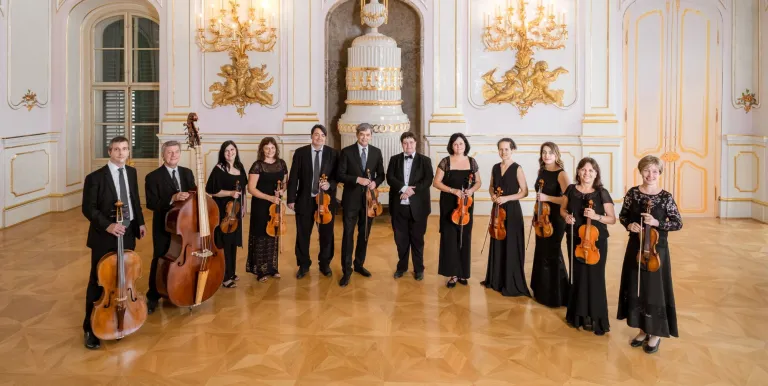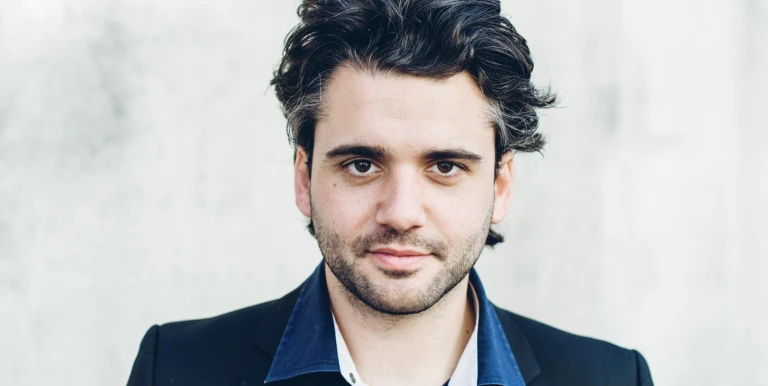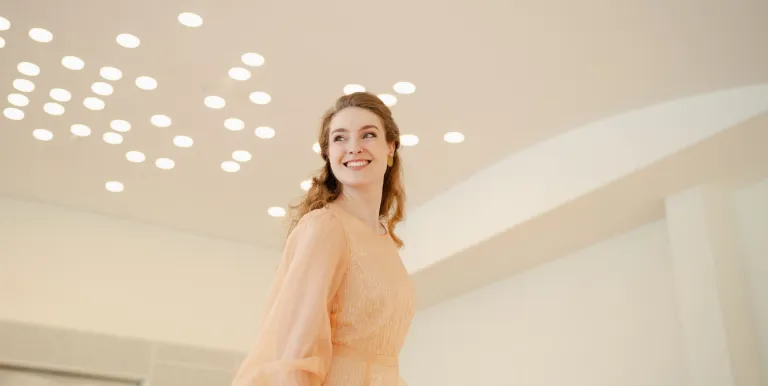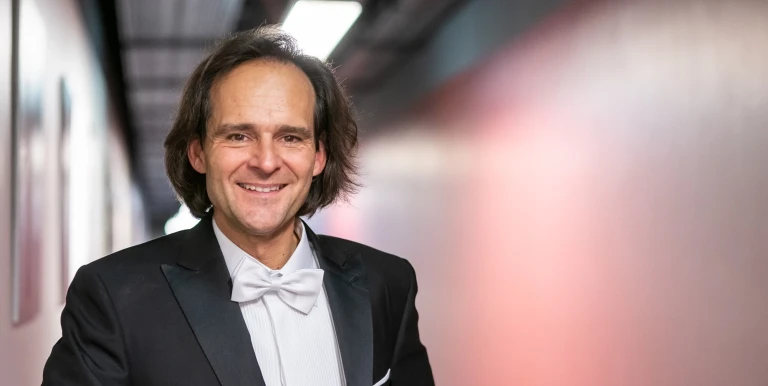one interval
Conductor:
Cast:
Featuring:
Rameau
Les Boréades - tragédie lyrique in five acts
The plot of Les Boréades was inspired by the story of the love between the nymph Orithyia and Boreas from Greco-Roman mythology: a relationship that bore the two Boreads. Rameau's tragedy contains everything that can possibly add another twist to the plot of a five-act Baroque opera: a secret, seduction, a disguise, love, an enchanted arrow, prophecy, revenge, a storm, an earthquake, a suicide attempt, deus ex machina - and finally, the happy ending. Performing the work will be an international cast accompanied by the Purcell Choir and Orfeo Orchestra, with György Vashegyi on the podium.
Based on the dramatic power of its interludes and the wonderful elements and spectacular mechanical techniques that are employed in it, it can be surmised that the libretto was written by Louis de Cahusac (1706-1759), just as the subject matter and the nature of the characters also point to the hand of this freemason playwright and librettist who collaborated with the composer in the creation of several other works. Dating from 1763, Les Boréades is the last of the five so-called tragédie lyriques that Jean-Philippe Rameau (1683-1764) wrote and is also one of the composer's final works for the musical stage. The piece was rehearsed by the Paris Opera in 1763, but in the end it was never premiered during the composer's lifetime. Les Boréades was performed in concert in Paris on 1 October 1964, and on July 21, 1982 it was also staged in Aix-en-Provence under the baton of John Eliot Gardiner. Since then, top opera houses have added it to their programmes one after another. The cast for this performance, which features numerous international stars, includes several singers who have contributed more than once to the productions of the Purcell Choir and Orfeo Orchestra, founded three decades ago by György Vashegyi, a pivotal artist in the Hungarian school of historically informed music, and continuously led by him since then.
Collaborating partner: Centre de musique baroque de Versailles
Presented by: Haydneum - Hungarian Centre for Early Music
-
We wish to inform you that in the event that Müpa Budapest's underground garage and outdoor car park are operating at full capacity, it is advisable to plan for increased waiting times when you arrive. In order to avoid this, we recommend that you depart for our events in time, so that you you can find the ideal parking spot quickly and smoothly and arrive for our performance in comfort. The Müpa Budapest underground garage gates will be operated by an automatic number plate recognition system. Parking is free of charge for visitors with tickets to any of our paid performances on that given day. The detailed parking policy of Müpa Budapest is available here.
















